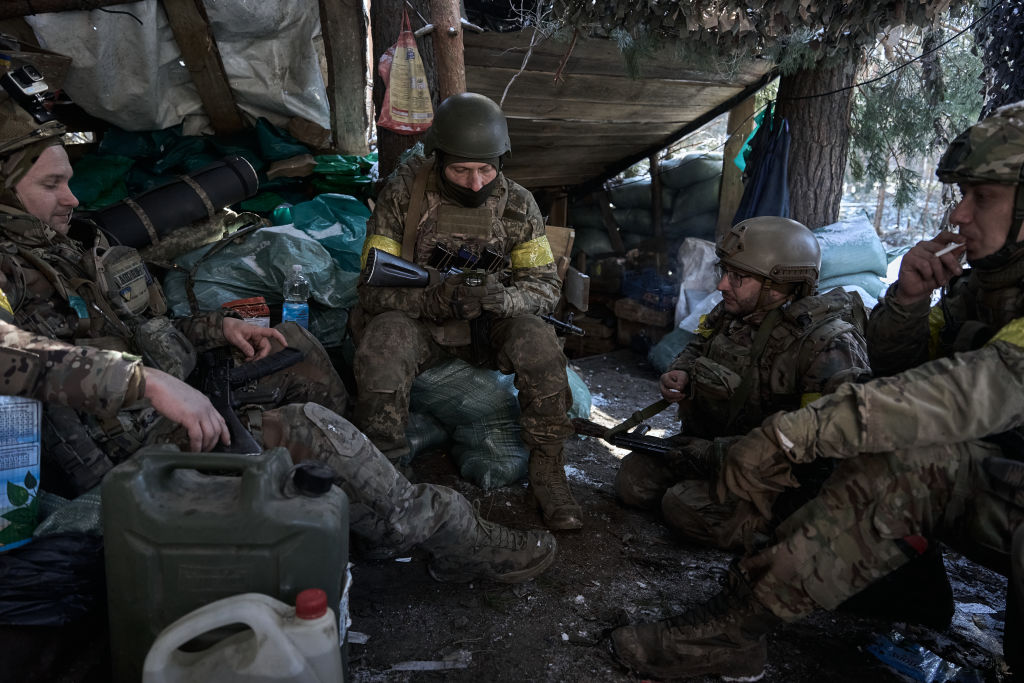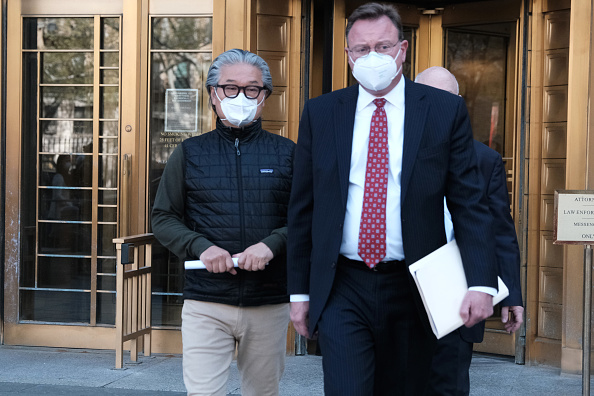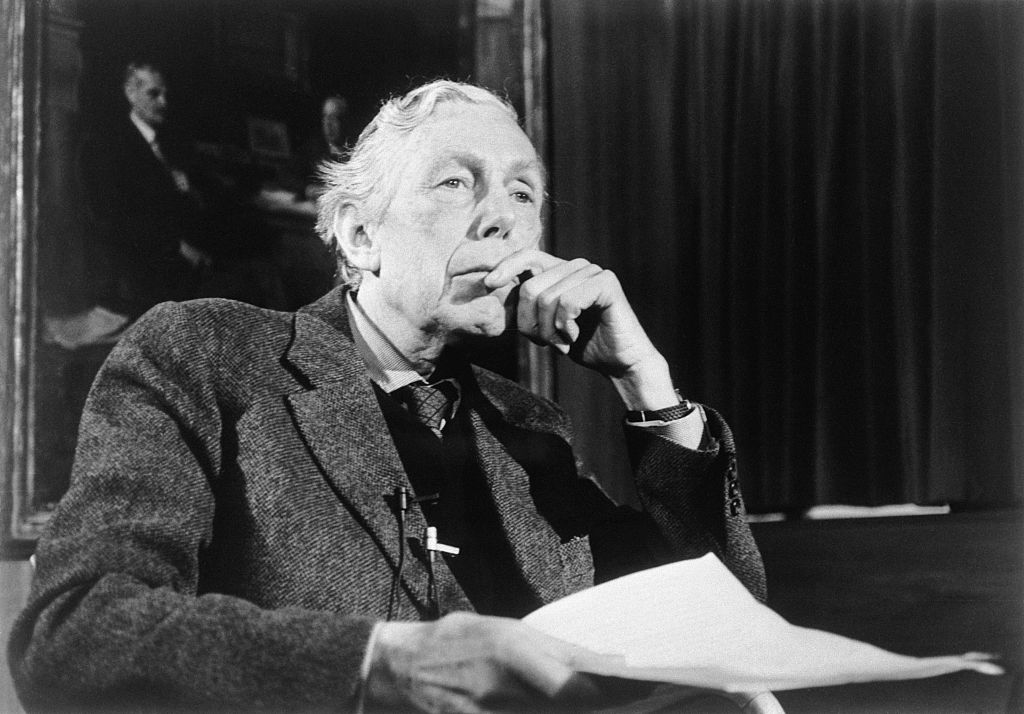Until now, Ukraine’s government has taken a maximalist approach to its negotiations with Russia. The country has demanded a return to “1991 borders,” which include all of the Donbas and Crimea (not to mention the other territory which Russia currently occupies). President Volodymyr Zelensky’s so-called “10 Point Peace Plan,” which he has pushed for much of the past year, is nonsensical. It demands the return of all occupied land, withdrawal of all Russian troops, and “Justice,” a point which calls for the creation of an international tribunal which would punish members of the Russian government and force Russia to pay for all of the damage they caused.
Although these demands are essentially impossible – such a tribunal could only be created if Russia was completely defeated, with enemy troops in Moscow – it is not entirely Ukraine’s fault to have demanded them. After all, until now the West has entirely played along with their demands.
The recent “Peace Summit” (based upon Zelensky’s peace plan) in Switzerland had leaders from across the West and the world in attendance. Almost everything the country has asked for, they have received. Jets? They are there or coming. Long-range missiles? Positioned. The only thing they requested but did not receive was the creation of a NATO-enforced no-fly zone, which would have essentially begun World War Three.
However, the government would be wise to start changing their tune. The upcoming United States presidential election, which already provided a stark choice between former President Donald Trump’s scepticism of further aid and President Joe Biden’s firm support for more spending, has been completely thrown for a loop. Trump has now picked Senator J.D. Vance (R-Ohio), who when running for senate said, “I don’t really care what happens to Ukraine,” and has been a leading Ukraine aid sceptic in the Senate.
Biden is no longer even running for president, having become the first incumbent since Lyndon Johnson in 1968 to drop out. In his place will likely be Vice President Kamala Harris. While she does not have much of a history of making news on foreign policy, it is feasible that she will not be as supportive as Biden, who was mired in a Cold War ethos.
But this will likely trigger something else: a drop in support from the European Union. The EU got great headlines when it passed €50bn of funding for the beleaguered country earlier this year, but squinting at the fine print revealed that it was €50bn until 2027 – meaning a paltry €12.5bn a year. Contrast that with America’s €56bn recently passed.
The EU simply does not have the money to make up for America, should the latter’s funding drop off. They have been able to talk big (“Nothing about Ukraine without Ukraine”) because they knew America would pick up the tab. But now that that is likely to not be the case, Europe will likely change course.
Ukraine may have picked up on the changing atmosphere. Zelensky recently made noises about “end[ing] the hot stage” of the war by the end of the year, though he did not elaborate on what that meant. Some observers noted that, when asked a question about the 1991 borders, Zelenskyy did not explicitly demand their return (though his answer was vague enough to include such a demand). Regardless, these changes to Ukraine’s posture – if they are changes at all – will likely not be enough. A frozen conflict still requires massive funding, and if Ukraine were to suddenly lose funding in the midst of a frozen conflict, Russia would have no reason to sit still.
The truth is that Ukraine has got itself into bind. Since the full-scale invasion of February 2022, Ukraine’s government has made clear it expects absolute victory. And whilst an optimistic framing is critical for any government engaged in a war – especially one on its own territory, for its own national survival – over two years of maximalist statements have created a population which is expectant of success.
A recent poll, for example, found that 58 per cent of Ukrainians believe that they will win the war – and only 1 per cent believed it would be Russia who emerges victorious. While 30 per cent said the war would end in some sort of a settlement, it is unlikely that that grouping thinks it will be a settlement which favours Russia. If even half think that the settlement would be even-handed, that means that about three-quarters of Ukrainians believe that Ukraine will somehow end with something resembling a victory.
This is a problem, because the country is not at all likely to do so. Russia currently occupies around 20 per cent of Ukraine’s territory, and Ukraine is not currently in a position to reduce significantly that percentage. Russia, likewise, has no reason to give up territory it currently occupies – especially territory like Crimea, which it has long integrated into its country.
The maximalist approach of the Ukrainian government has also enabled domestic opposition to Zelensky. Kyiv Mayor Vitali Klitschko, a political opponent of Zelensky’s, said in an interview that Zelensky will risk his political career (his phrase was “political suicide”) if he offers Russia Ukrainian land, and that any deal would have to be put to a referendum, one which Ukrainians would surely reject.
Which would be a problem for the country. After all, a deal backed by Zelensky for peace with Russia being rejected by the voters would make the government seem weak and the people seem unlikely to accept any peace deal – which would make Western countries less interested in providing help. Combined with a new American administration eager to refocus on China, and European Union leadership unable to act on its own, this would be a disaster for Ukraine.
If Ukraine changes its posture now in preparation for November, they can potentially avoid the above scenario. But that may require painful political concessions – and it could already be too late.





Zelensky drags America into war, or Zelensky loses